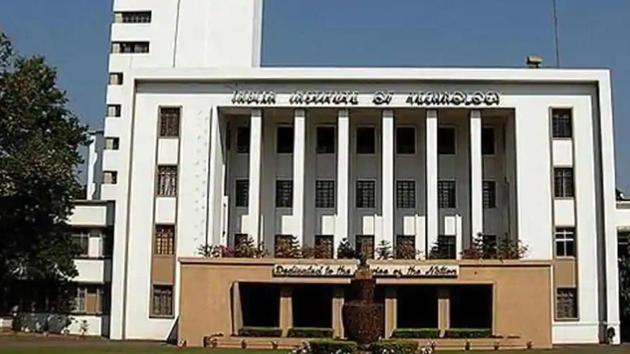IIT Kharagpur researchers ‘develop’ AI-based system to detect arsenic pollution
The researchers have mapped the high and low arsenic zones across the entire Gangetic delta using artificial intelligence (AI) and the number of people exposed, IIT Kharagpur spokesperson said.
Researchers from IIT Kharagpur have developed an artificial intelligence-based prediction model for detecting arsenic pollution in drinking water, an official said on Wednesday.

The researchers have mapped the high and low arsenic zones across the entire Gangetic delta using artificial intelligence (AI) and the number of people exposed, IIT Kharagpur spokesperson said.
This study has been recently published in the international journal ‘Science of The Total Environment’.
“Our AI models predict the occurrence of high arsenic in groundwater across more than half of the Ganges river delta, covering more than 25 per cent area in each of the 19 out of 25 administrative zones in West Bengal,” one of the authors of the paper and research scholar Madhumita Chakraborty said.
While the predictive model framework would prove to be vital typically for the identification of drinking water sources in arsenic affected areas of West Bengal, it can also be used in other parts of the country, which are suffering from severe groundwater pollutants, the researchers said.
“Eventually, all this information forms the baseline knowledge for the recently initiated ‘Jal Jeevan Mission’ of the Government of India.
“The mission is based on providing safe drinking water to every household of the country within 2024 and the outcome of this research helps in providing information for the location of safe groundwater, which is the primary source of drinking water for most of India,” research team leader Prof Abhijit Mukherjee, IIT Kharagpur’s Department of Geology and Geophysics, said.
The researchers have used AI algorithms on environmental and geological and human usage parameters.
“Such successful use of artificial intelligence in geoscience enables us to find answers and build prima-facie understanding before further detailed field-based investigation or validation,” Mukherjee said.
However, such regional-scale models do not completely eliminate the need for field investigation in many cases; especially for groundwater contaminants like arsenic which is known to exhibit well-to-well variability in concentration, he added.












